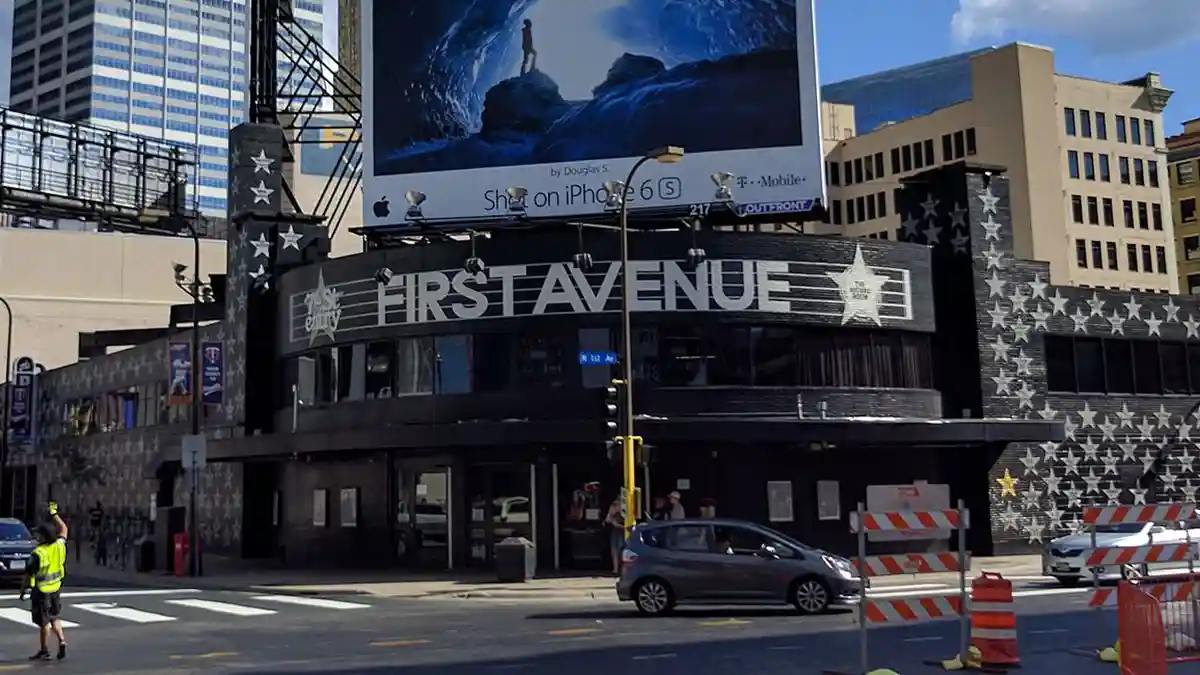Minnesota Governor Tim Walz signed the state’s so-called “Taylor Swift” bill into law this week, bringing ticket price transparency and other changes to the ticket buying experience in the state beginning in 2025.
“Have you ever tried to buy tickets to a concert or game, but they’ve already been gobbled up by third party websites,” tweeted Gov. Walz on Tuesday after the signing ceremony at the historic First Avenue venue in Minneapolis. “We’re cracking down on that in Minnesota by making sure tickets are sold to real people, not bots or scammers trying to triple the price for fans.”
The bill, HF 1989, will require true “all-in” ticket pricing for consumers shopping for tickets online. It also brings new regulations against the use of “bot” programs, deceptive websites, and individuals selling tickets they do not yet own. It goes into effect on January 1 of next year.
“Minnesota’s HF 1989 brings consumers in that state significant improvements to their ticket-buying and live events experience,” says Bruce Morris, TicketNetwork’s Director of Government Affairs. “The need for actual transparency on ticket prices and better protection against anti-consumer behavior have been increasingly clear, and we support the efforts of Minnesota’s legislators in bringing positive changes on both fronts.”
Named after Swift in a nod to the enormous issues consumers felt during the much-maligned ticket purchase process for the singer’s Eras Tour in the fall of 2022, the bill was authored by Democratic Rep. Kelly Moller. Rep. Moller said she was among the thousands impacted by Ticketmaster’s disastrously botched sale for the superstar’s tour date in Minneapolis. “Never in my wildest dreams did I imagine that we would be at a bill signing for House File 1989 at First Avenue,” she said after the signing.
Ticketmaster and its parent Live Nation Entertainment have been the focus of significant scrutiny in the wake of that debacle, subject to widespread accusations of monopolistic behavior from fans and lawmakers alike. Their main messaging has been an effort to push that blame off on ticket resale companies and “bots” – the use of which have been illegal at the federal level for more than five years.
This legislation adds state-level prohibitions on the use of such programs, and brings penalties for resale platforms who list tickets they know sellers have acquired through the use of them. It does not, however, bring any required reporting of alleged bot violations by companies like Ticketmaster.
This bill was done right–with consultation with the music community *before* introduction. As a result, music fans in Minnesota will be protected from the scourge of fake tickets. Lots more to do, and we still need to #breakupticketmaster but this is a strong step! https://t.co/MGXnOnFqvy
— Future of Music Coalition (@future_of_music) May 7, 2024
More likely to have a significant actual consumer impact is the price transparency portion of the law. This segment requires the disclosure of the actual ticket price, inclusive of all sees and surcharges, in an easily readable and conspicuous fashion, from the start of the consumer purchase experience. That price may not change from that point (aside from reasonable actual shipping charges, where necessary) – meaning that the days of a platform showing one ticket price, then adding significant fees at the end of the transaction – are over in Minnesota as of January 1.
The full language of the bill is available at Minnesota’s legislature website here



